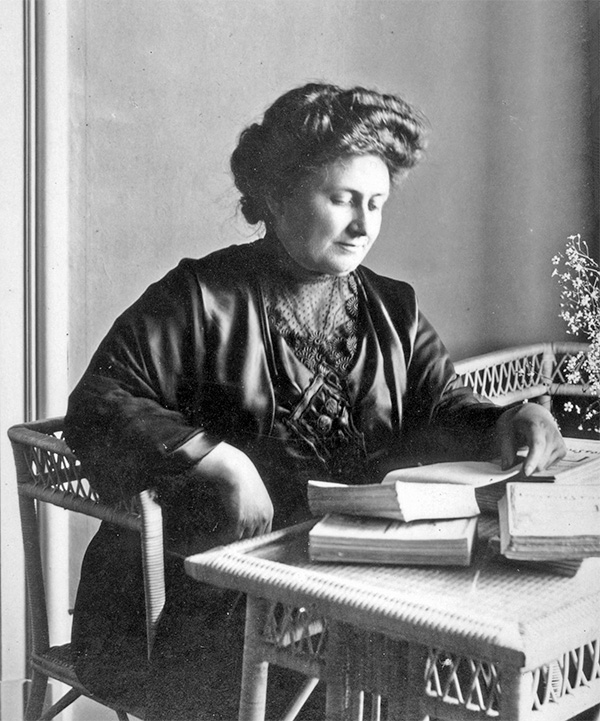Who We Are
Charleston Montessori was established in 2010 as a creative community school that provides an authentic Montessori education to children ages 3-12. In 2020, Charleston Montessori moved to its current location adjacent in Kanawha City. Charleston Montessori is a member of the International Montessori Council. It is a 501(c)3 non profit educational institution that is recognized by Kanawha County Schools and the West Virginia Department of Education.
Our Mission
Charleston Montessori School celebrates the intellectual curiosity and creativity of children by encouraging independence and self-motivation, constructive social skills, academic development and thoughtful leadership. Charleston Montessori is committed to being a diverse, caring, and safe community in an effort to build a tolerant, responsible, and peaceful world.
Why Choose Montessori?
The Montessori method is a student-centered and student-led approach to learning that allows our teachers to tailor lessons to each individual student, so that the child’s learning experience is determined by his or her unique abilities and interests.
A thoughtfully and carefully prepared classroom environment reinforces the child’s ability to choose work based on their own natural interests, needs, and curiosities, while also going at their own pace.
At Charleston Montessori, children benefit from small class sizes and are welcomed each day into a warm and caring classroom environment. We are a tight knit, supportive community and families will quickly get to know our friendly faculty and staff. We believe that parent involvement is an important part of each child’s education and welcome parents’ help in classroom activities, enrichment opportunities, and school events.
Who Was Maria Montessori?

The Montessori teaching method is based on the philosophy of Dr. Maria Montessori, an Italian physician and educator.
Dr. Montessori founded the first Montessori school, Casa dei Bambini (Children’s House), in Rome in 1907. Her observations of children led her to implement many new practices that are standard in today’s Montessori classrooms, such as low shelving, child-sized furniture, and an orderly environment of manipulative learning materials.
Dr. Montessori believed in a hands-on, student-led approach that prioritized care of self, others, and the environment. This unique way of learning helps build a foundation for the child, fostering a peaceful understanding of their role in their community, classroom, and the natural world.
Dr. Montessori’s notes and observations of children, titled "The Montessori Method," were published in the United States in 1912. Over a century later, her “follow the child” method is still the guiding principle for Montessori schools across the globe.

